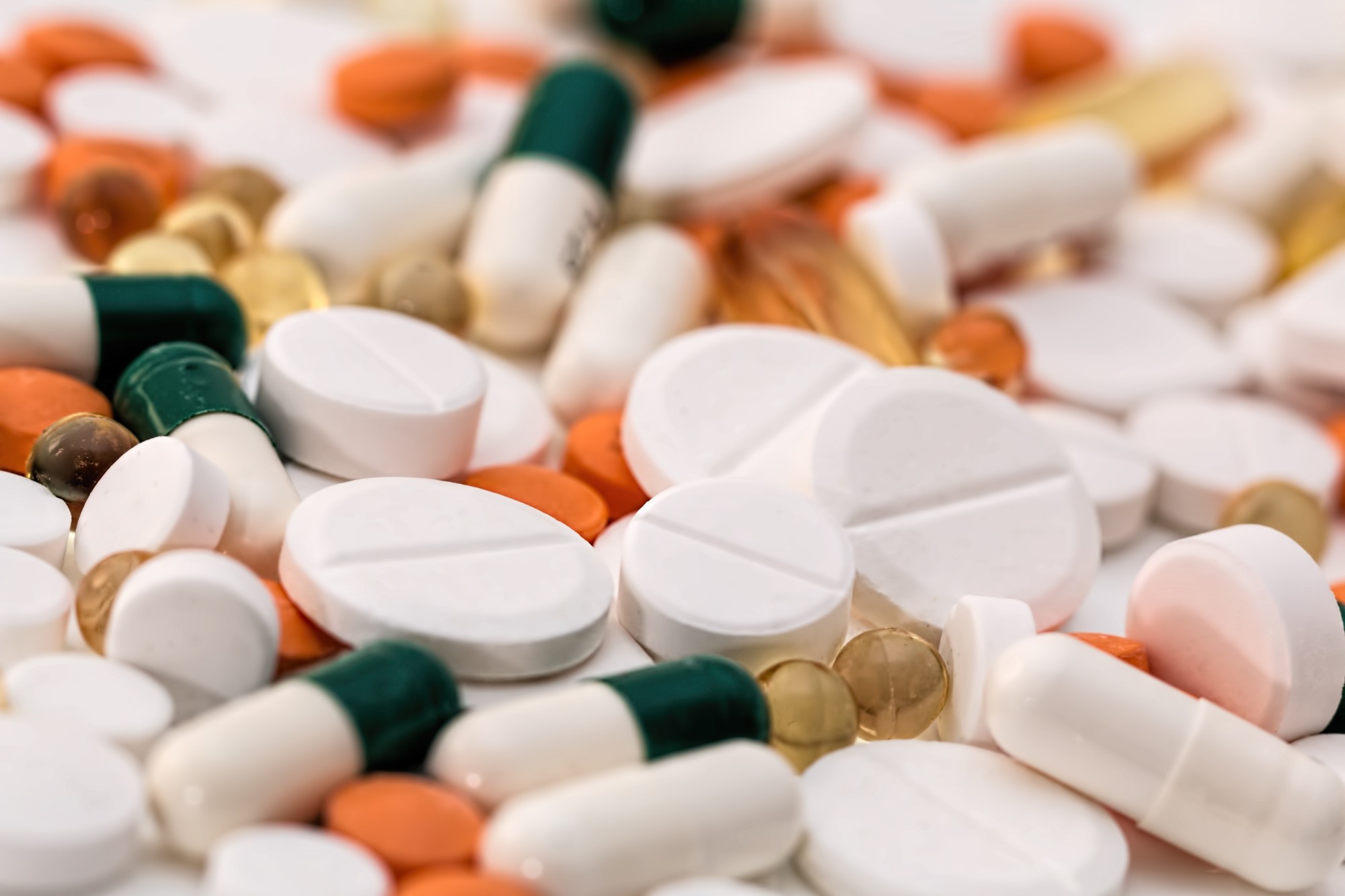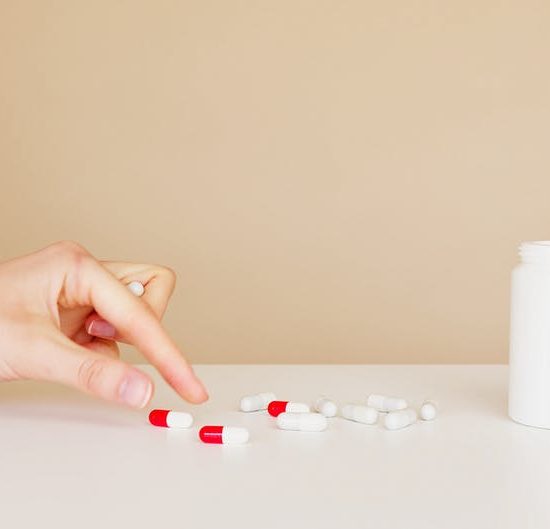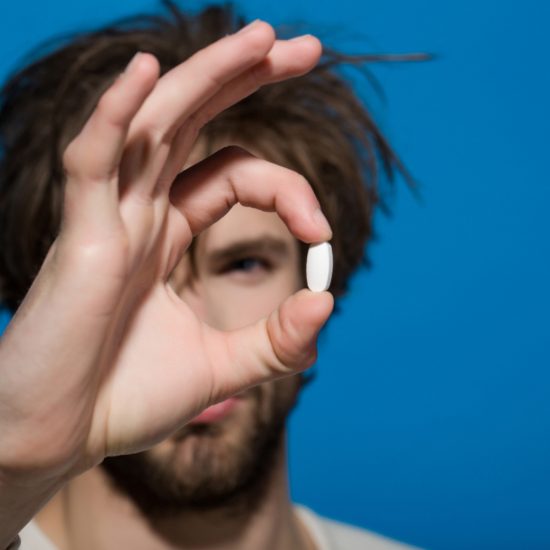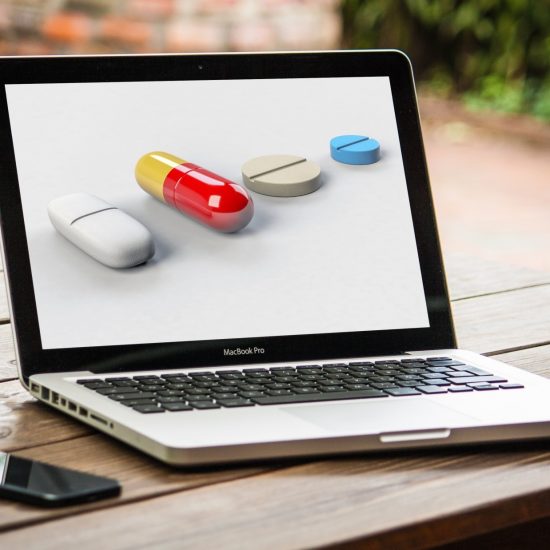
Generic vs Brand Name Drugs: Is There Actually a Difference?
When people look at their medicines, most will look at how effective they are. Some, however, relate specific brand names to the effectiveness of their medicines.
Rising drug prices are becoming more of a burden to average Americans. There is, however, an alternative. These are generic drugs and they are your best chance at more affordable medicines.
Even then, are they effective?
When it comes to generic vs brand name drugs, is there a true difference? Or are you paying for branding?
Today, we’ll investigate if there’s a real advantage to using branded medication or if it’s all fluff. The truth will surprise you.
1. How A Company Develops Drugs
Before we learn the difference between generic vs name-brand drugs, we first need to learn how medicines come to be and how we discover them. Through this, we’ll also discover why branded drugs can be expensive.
A name-brand drug comes from a company’s drug research. Years and even decades of drug research go into every new drug. This comes together with clinical trials and years of experimentation.
During this time, the drug company will not have profits for that specific drug. Once the drug is ready, the company will ask for FDA approval. They will submit a New Drug Application and forward all the details of the drug to the FDA.
Different studies will determine the characteristics of the drug itself. This can be anything from its purity to its dissolution.
Once they get FDA approval, the drug company can then sell this drug as a branded drug. From this, the drug will have a price determined by the sole proprietor who has the drug patent.
This is the reason why branded drugs can be expensive. Whether it’s prescription or over-the-counter drugs, they can cost a pretty penny.
Innovators will spend $2 billion bringing a drug to market. Through the price of the drug, innovators will try to recoup the cost of the research. Add to this the cost of marketing the product and you get the price of your branded medications.
2. Why Are Generic Drugs Cheap?
Why are generic drugs so cheap? Once a drug patent ends, 20 years after the drug’s inception, other drug companies will be able to start manufacturing a similar version of that drug. While some companies will make their own branded medications, others make generic, non-branded drugs.
Generic drugs have almost the same makeup as their branded counterparts. Many will even have the same active ingredients as the brand-name versions and are often just as effective. This is because the FDA needs generic drug companies to prove their products have the same bioavailability (the percentage of the dose that makes it into the bloodstream).
The FDA has stringent needs when it comes to good manufacturing practices (GMP). GMP refers to a set of quality assurance standards that all drugs go through.
Generics need to meet the same pharmacokinetic parameters (what the body does with a drug in its system) as the name-brand version. This ensures that the drug behaves the same way in the body.
Even after all this, generics will cost up to 85% less than branded medication. Without the need to do research and innovation, the lower cost of production can make drugs cheap.
Together with many requirements, generics need to have the same active ingredients. This includes the same dosage and routes of administration. What makes them different, however, are ingredients called excipients.
Excipients are inactive substances in drugs acting as the medium for the active ingredients. These can be different from the branded drug, allowing the companies to save money.
3. When Would You Want Branded Over Generic?
When would you want a branded choice over generic and vice versa? Sometimes, you would want to stay with a branded drug because of a few reasons.
Some generic drugs will have excipients that can cause allergic reactions. A change in excipients can also cause the active ingredient to have a lower rate of absorption. This can lead to issues in people who can tolerate one brand but can’t do so with another.
Insurance companies may also have ties with certain drug companies and would not pay for generic drugs. Most of the time, however, insurance companies would prefer that you use generic. It’s best to give it a check before you change your medication.
Generic drugs are the cheap, basic form of most name-brand medications in the US. They account for most of the medication dispensed and available in the country. Despite this, there is a stigma surrounding generic drugs in the United States.
4. Why People Dislike Generic Drugs
Many different surveys show that people don’t trust generics. People use the mentality that more expensive equates to a much better quality of a product.
Generic shows that something is different or off, which is why consumers hesitate. The problem comes from people’s anecdotes about generic drugs, rather than scientific evidence. Many cite a lack of efficacy and worse side effects.
There is no clear evidence, however, that this is true. Side effects may show up in a few dozen people, while hundreds of thousands are successful cases. Although there are cases where drug companies do not follow standards of Good Manufacturing Practice, these are few and far between.
Some drug companies also tend to do recalls for generics more often than for branded medicines, so it’s crucial to have up to date information.
You should start by equipping yourself with a copy of the FDA Orange Book for Generic Equivalents. This is an online resource that you can use to see all generic drugs approved by the FDA. There is also a generics approval list on the FDA website that shows which medications have generic counterparts.
If you are thinking of switching to generics, it is also important to consult with your doctor and ask your insurance if they can cover the switch.
Generic Vs Brand Name Drugs: Which is Better?
When it comes to generic vs brand name drugs, there is little difference in the efficacy of both. Many brand name drugs are innovators that come in to fill a specific niche after decades of research. If you have generic options, talk to your doctor and try them for a cheaper, lower cost refill.
Looking for maintenance prescription medication? You need someone who can help.
We provide effective medication options for you at lower prices. Gone are the days where you need to suffer because of your expensive medication.
Talk to us now and enjoy relief from the burden of expensive drugs.





